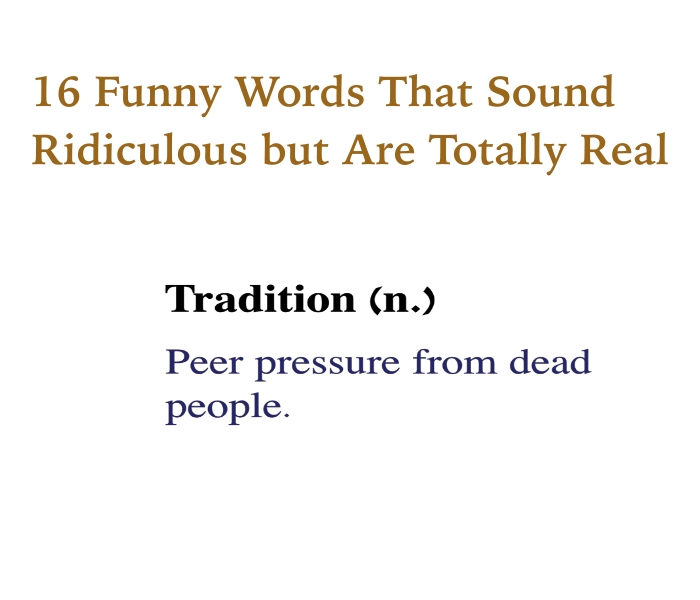If you are not a native speaker of English, learning the language can be one of the toughest and most rewarding challenges you will ever experience, and mastering it means better career opportunities. Here, at the lingwist, we can show you how to learn any language through music. But how? let’s see!
Thank you for reading this post, don't forget to subscribe!Non-English-speaking people listen to English songs. The good news is that music can help you more than you imagine, and here are some ways to do that:
1. Choose the type of music you like
This can be the easiest step for most language learners, as those who want to learn a particular language are highly motivated by the English culture and Americanism. So, make a list of the songs you like and play them in your car, at home, or on your way to work or school.
It is better to choose the ones that are identical to your life experiences.
To know more about more genres click here.
Read Also
– 10 different ways to say “NO”
– 10 best memes and puns to make you Laugh
2. Read and sing
Look up, read, and understand the lyrics. Try to read them aloud and identify the words you’re listening to. This will help you practice pronunciation as well.
 |
| Source: British Council |
3. Translation and writing lyrics
You can translate the lyrics to have a general idea about the song. The best part is to write it all over again. Learning through the lyrics allows you to interact with the words as the singer used them, to reach a specific effect, convey an idea, or discover a feeling.
Music can provide the learner with the potential for real communication. Ultimately, any song conveys a specific story linked to the melody, so the learner is provided with examples of authentic speech. Overall, that interaction will be engraved in the mind.
These are some best songs that tell a story: Click here
4. Add your touch
Once you understand the lyrics, start being creative you’ve acquired enough vocabulary by rewriting the song, replacing its words with your own vocabulary, or rearranging the syllables and trying to make them harmonized.
Songs make the language unforgettable because it is inherently attractive, and provide a window into the cultures it presents.
Try these tips and you will see the results soon.
Read Also







